Immune Complex Mediated Disease
Immune complex mediated disease. Lupus nephritis is an immune complex disease the diagnosis of which requires that the affected patient have systemic lupus erythematosus SLE. In the absence of SLE the finding of glomerulonephritis with certain patterns of immune complex deposition characteristic of lupus nephritis has been referred to as lupus-like glomerulonephritis. Autoimmune hemolytic anemia or immune-mediated hemolytic anemia IMHA is a complex disease in which hemolysis occurs because of antierythrocyte antibody production.
The immune complex-mediated group can be further subdivided by the cause of the immune complex formation yielding 3 general sources including infection related most commonly hepatitis C monoclonal protein deposition or an associated autoimmune disease such as systemic lupus erythematosus. Multiple sclerosis is considered to be an immune-mediated disease in which the bodys immune system attacks the central nervous system CNS. Immune-complex deposition and Fcγ receptor FcγR-mediated activation of inflammatory responses by such immune complexes is a central pathogenic process in a variety of autoimmune diseases.
Immune complex-mediated diseases tend be systemic but often preferentially involve the kidney glomerulonephri- tis joints arthritis and small blood vessels vasculitis all of which are common sites of immune complex deposition. Immune complex-mediated glomerulonephritis can be caused by a multitude of disease processes and may manifest in a variety of histologic patterns. Chronic immune-mediated renal diseases are commonly classified as nephrotic syndromes nephritic syndromes or a comination of both.
When antibodies bind to persistent antigens they can create immune complexes. Anti-LDL Receptor-Related Protein 2 Anti-LRP2 nephropathy is a rare form of kidney disease that affects the older patients and is characterized with acute kidney injury AKI and progressive renal tubular injury associated with IgG immune complex deposits along the basement membrane of proximal tubules and circulating autoantibodies to the proximal tubule brush border protein LRP2 megalin. T cell-mediated h is a delayed reaction several days to develop mediated by T lymphocytes.
Immune complex disease local or systemic disease caused by the formation of circulating antibody-antigen immune complexes and their deposition in tissue due to activation of complement and to recruitment and activation of leukocytes in type III hypersensitivity reactions. Building on decades of experience in unravelling complex. Immune-complex mediated h is mediated by a combination of antigen-antibody.
As in humans canine SLE is a chronic disease with alternating subacute periods and relapses. Abstract It appears evident that pathogenic mechanisms operative in immune complex-mediated injury can be modified by a variety of agents with immunosuppressive and anti-inflammatory capabilities. This article explores the pathophysiology of primary and secondary IMHA and diagnostic and treatment options as well as prognosis in dogs and cats.
Most MS experts believe it to be an autoimmune disease although no specific antigens proteins that stimulate the immune system have been identified in MS. Deposition of antibody-antigen immune complexes ICs in tissues underlies the pathogenesis of a range of human autoimmune diseases from glomerulonephritis systemic lupus erythematosus SLE arthritis and transplantation rejection to rheumatic fever.
These antigen-antibody complexes can get lodged in small blood vessels and stimulate inappropriate inflammation of the surrounding tissue.
Building on decades of experience in unravelling complex. Most MS experts believe it to be an autoimmune disease although no specific antigens proteins that stimulate the immune system have been identified in MS. In the absence of SLE the finding of glomerulonephritis with certain patterns of immune complex deposition characteristic of lupus nephritis has been referred to as lupus-like glomerulonephritis. Multiple sclerosis is considered to be an immune-mediated disease in which the bodys immune system attacks the central nervous system CNS. This article explores the pathophysiology of primary and secondary IMHA and diagnostic and treatment options as well as prognosis in dogs and cats. Immune complex-mediated diseases tend be systemic but often preferentially involve the kidney glomerulonephri- tis joints arthritis and small blood vessels vasculitis all of which are common sites of immune complex deposition. When antibodies bind to persistent antigens they can create immune complexes. Chronic immune-mediated renal diseases are commonly classified as nephrotic syndromes nephritic syndromes or a comination of both. Immune complex disease local or systemic disease caused by the formation of circulating antibody-antigen immune complexes and their deposition in tissue due to activation of complement and to recruitment and activation of leukocytes in type III hypersensitivity reactions.
These antigen-antibody complexes can get lodged in small blood vessels and stimulate inappropriate inflammation of the surrounding tissue. These antigen-antibody complexes can get lodged in small blood vessels and stimulate inappropriate inflammation of the surrounding tissue. The efficacy of corticosteroids and cytotoxic drugs in the treatment of immune complex-mediatic diseases is likely to be multifactorial. Abstract It appears evident that pathogenic mechanisms operative in immune complex-mediated injury can be modified by a variety of agents with immunosuppressive and anti-inflammatory capabilities. Nephrotic syndromes are characterized as a nonspecific renal disease associated with high levels of urinary albumin whereas nephritic syndromes are typically characterized by the presence of both albumin and blood cells in the urine. Targeting an imbalance in immune mechanisms to halt reverse and ultimately cure immune-mediated diseases such as Systemic Lupus Erythematosus Inflammatory Bowel Disease Rheumatoid Arthritis and Atopic Dermatitis is the ambitious goal of AstraZenecas rapidly expanding global Immunology team in BioPharmaceuticals RD. Anti-LDL Receptor-Related Protein 2 Anti-LRP2 nephropathy is a rare form of kidney disease that affects the older patients and is characterized with acute kidney injury AKI and progressive renal tubular injury associated with IgG immune complex deposits along the basement membrane of proximal tubules and circulating autoantibodies to the proximal tubule brush border protein LRP2 megalin.







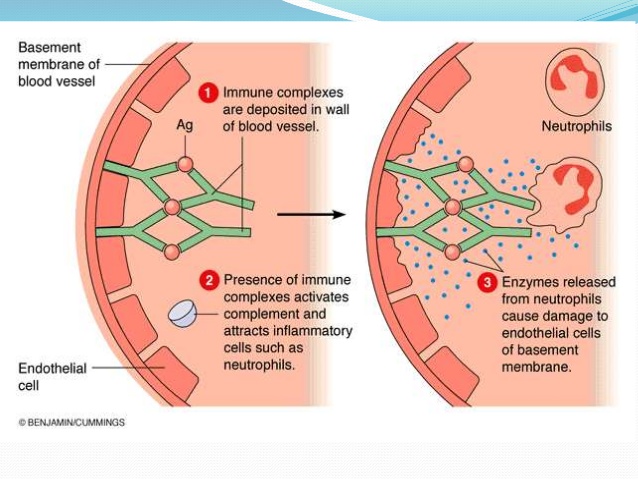
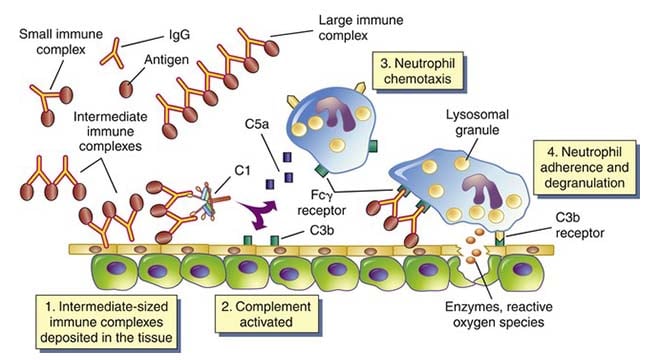



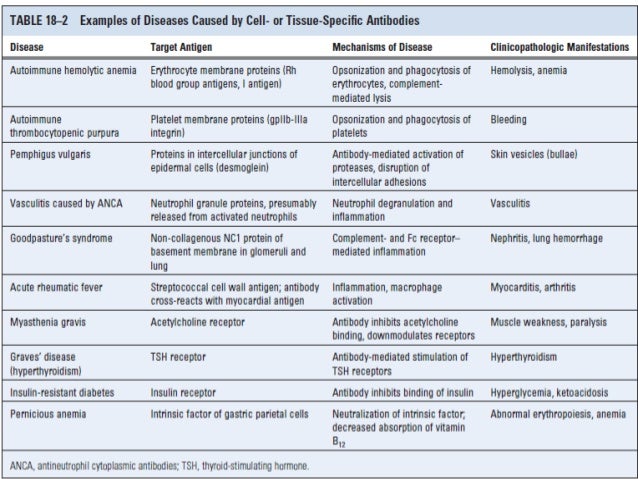

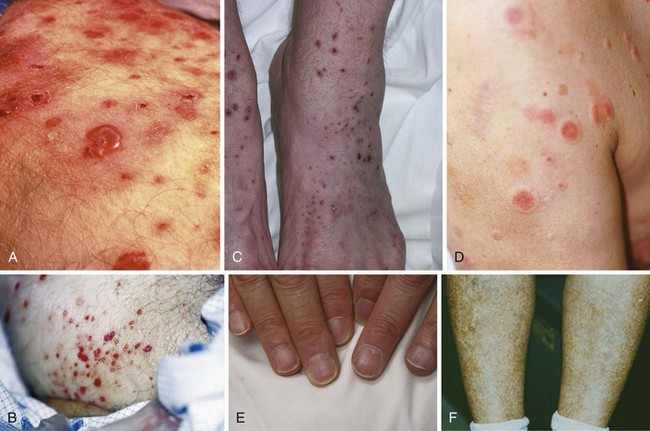
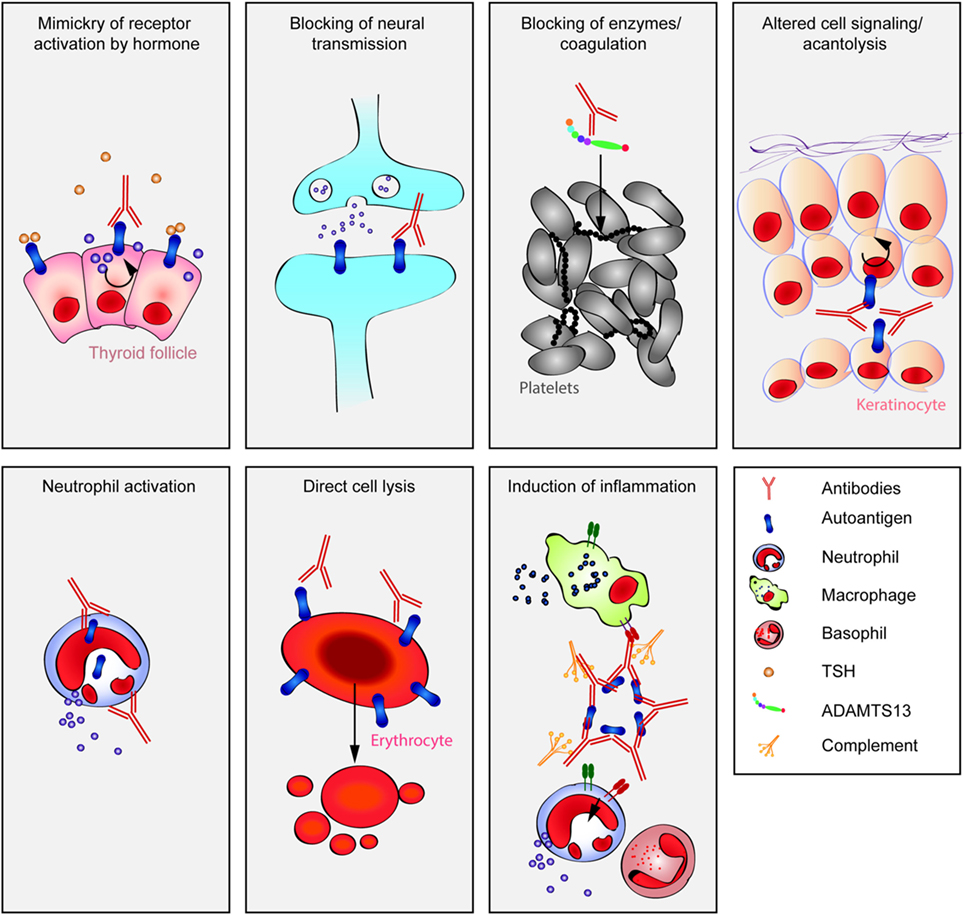

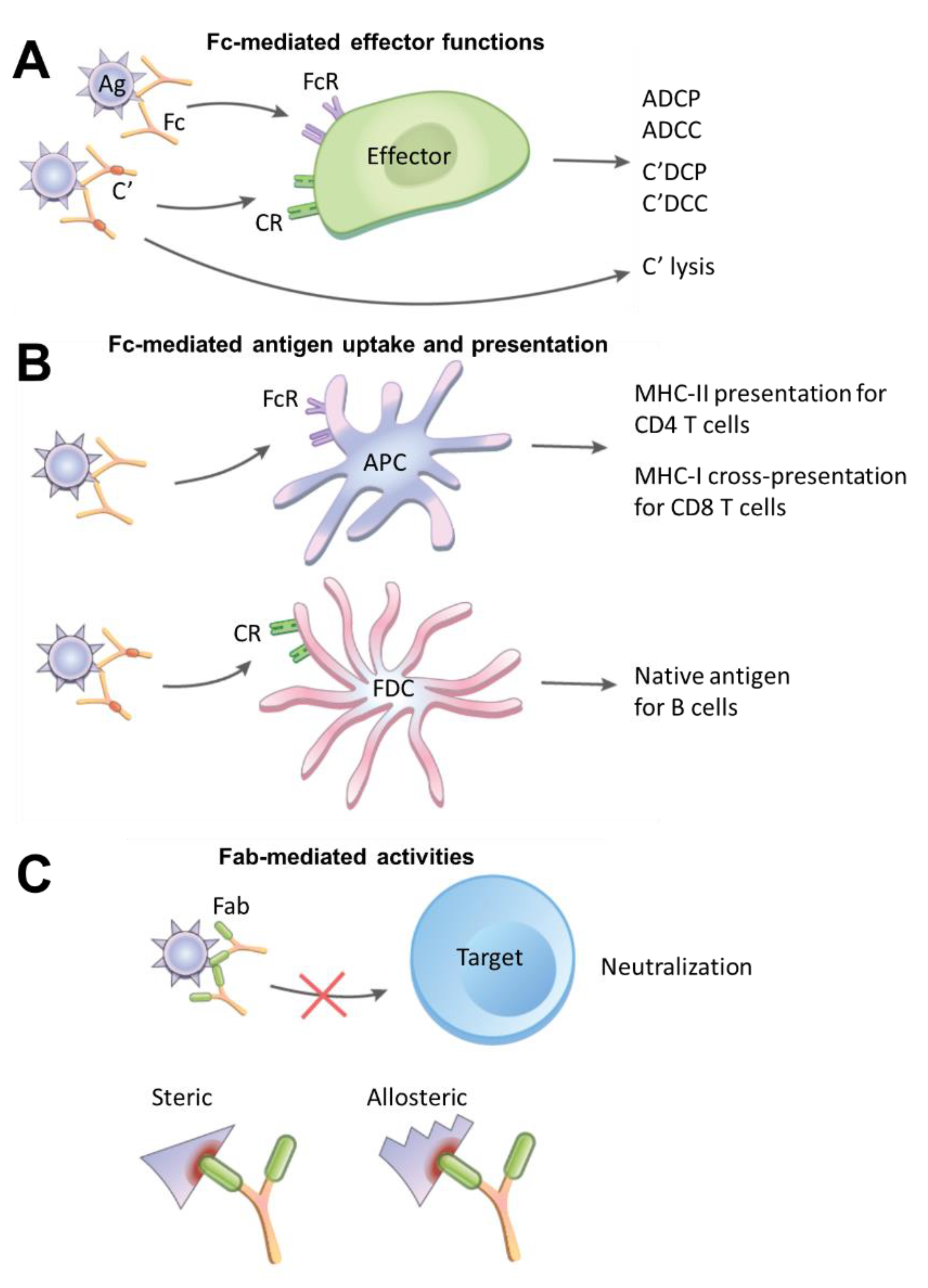

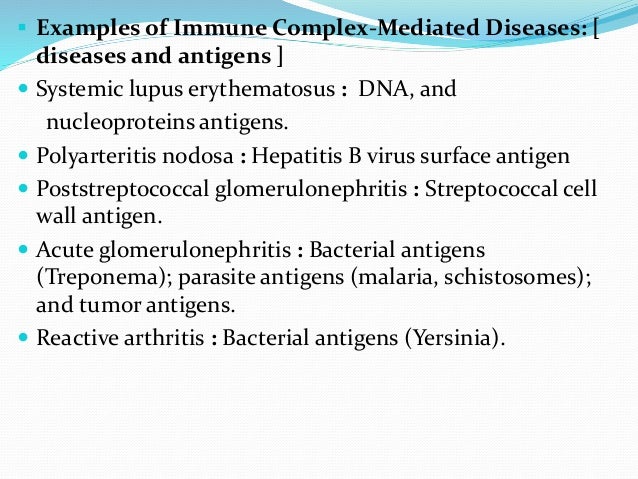






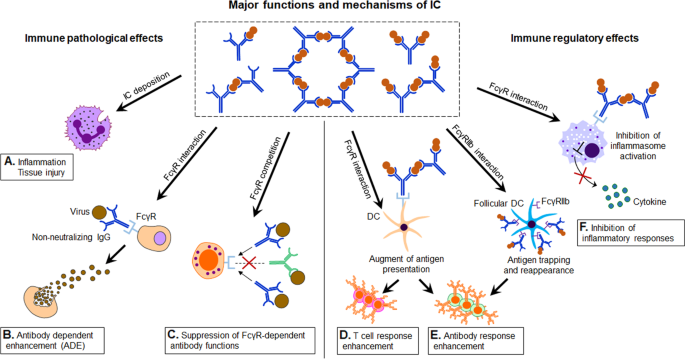
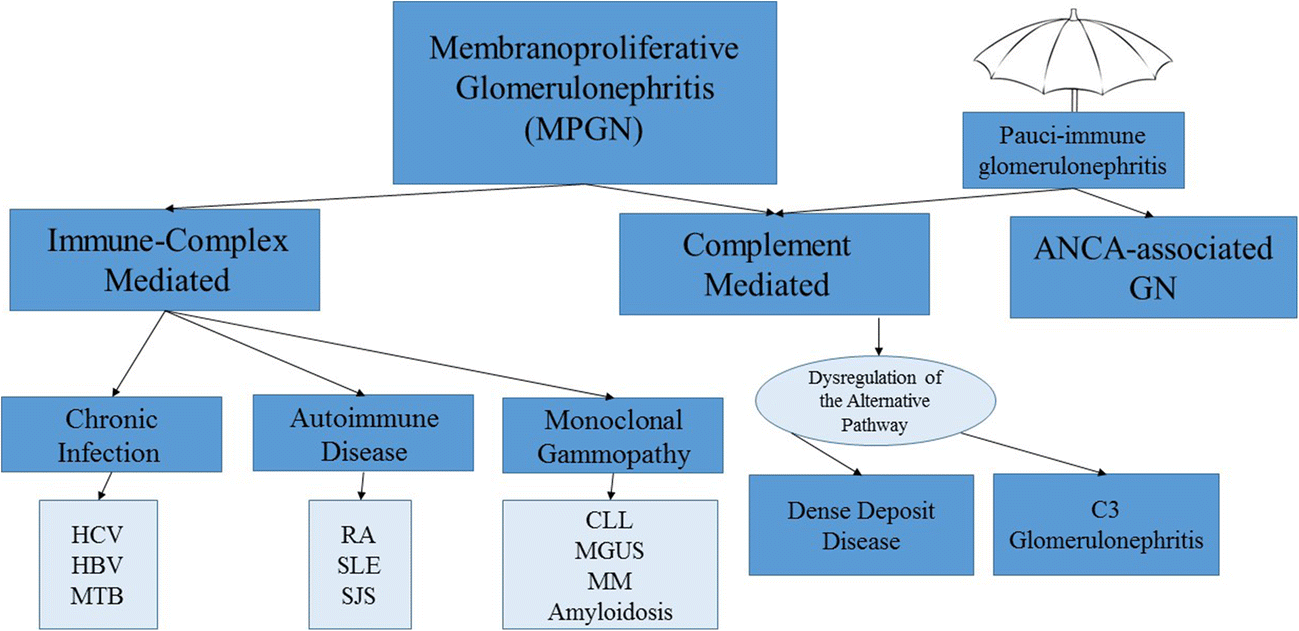


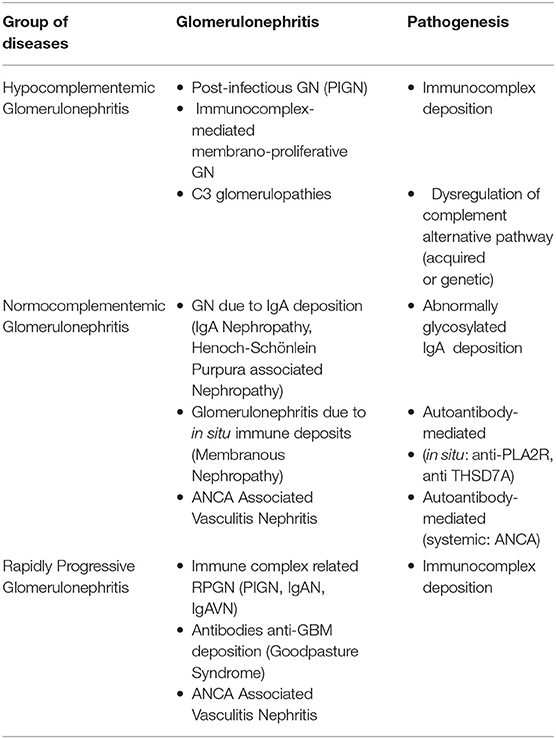

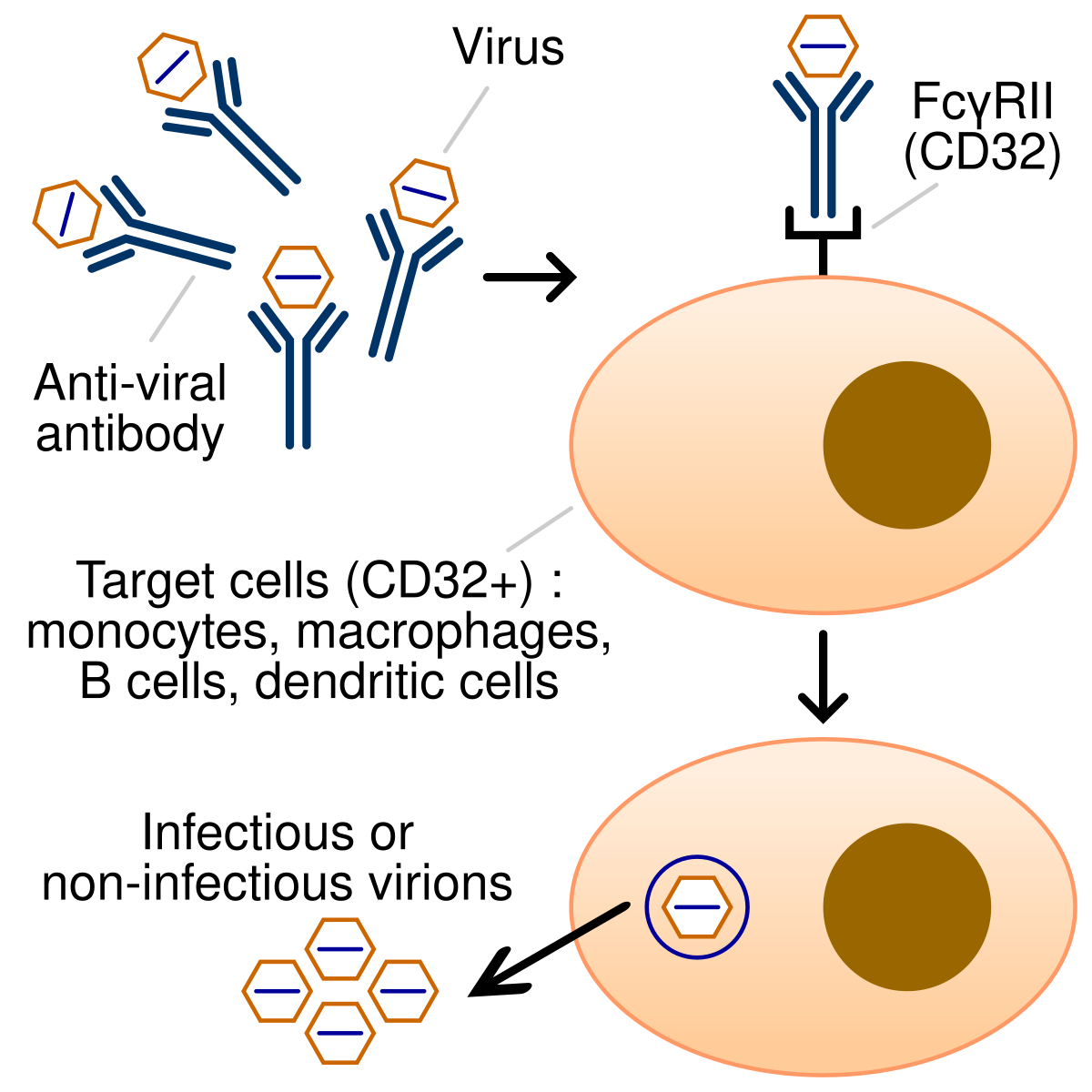




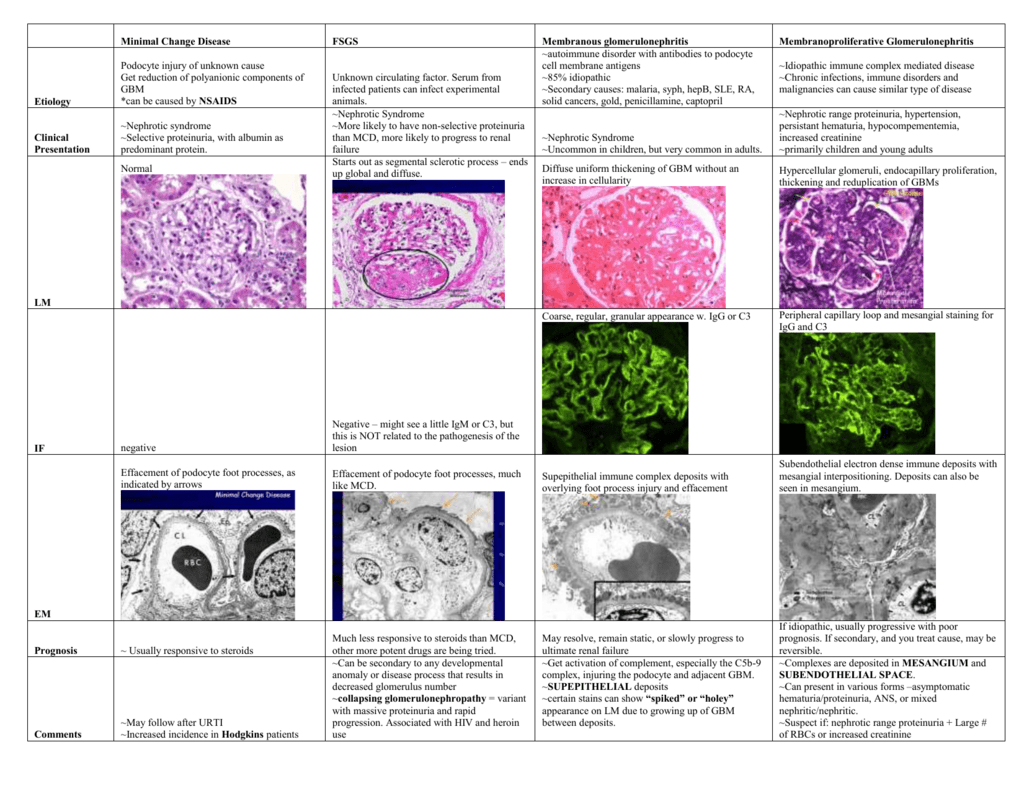
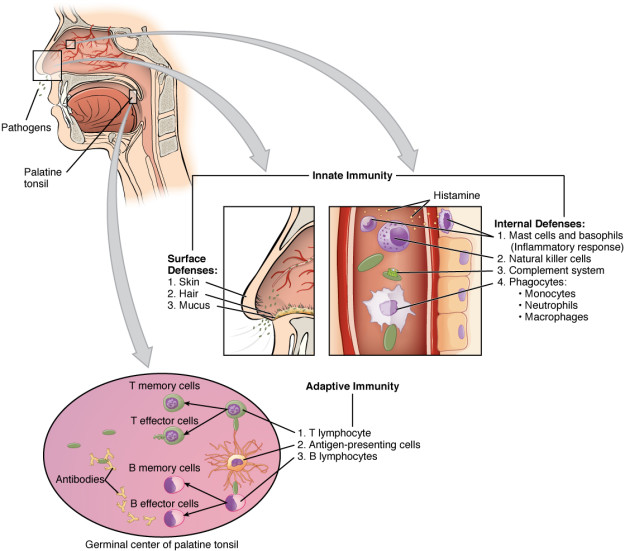


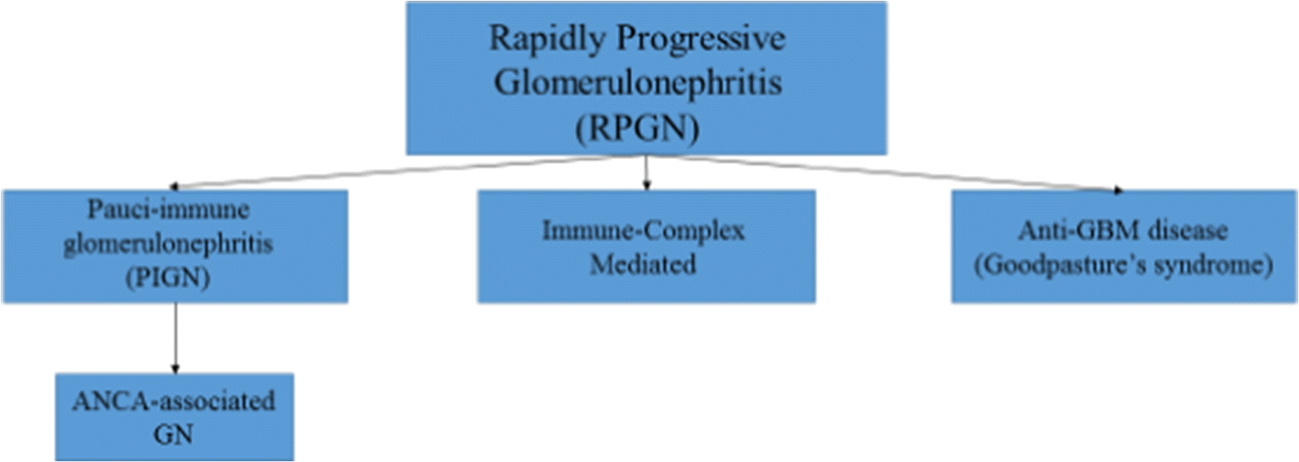
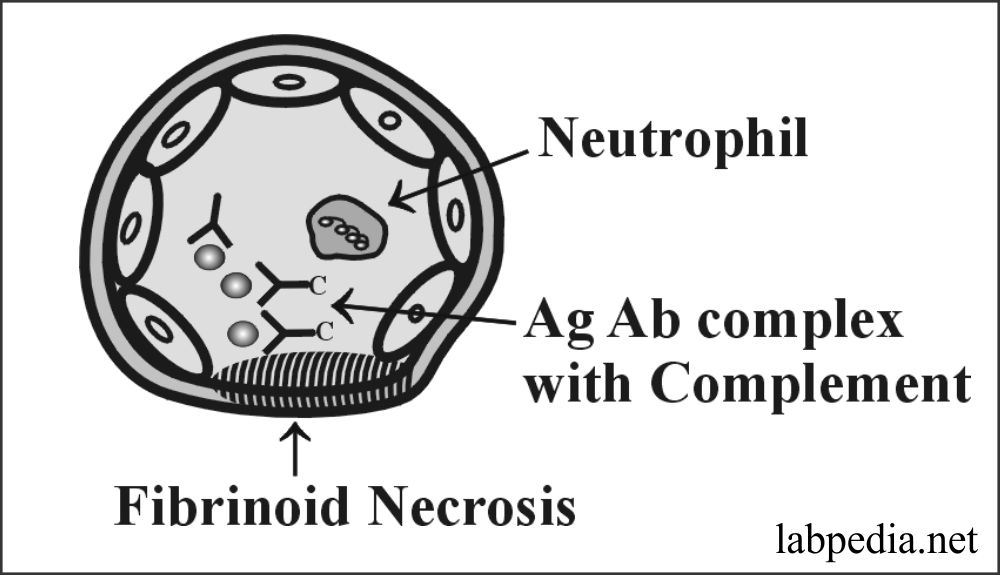


Post a Comment for "Immune Complex Mediated Disease"